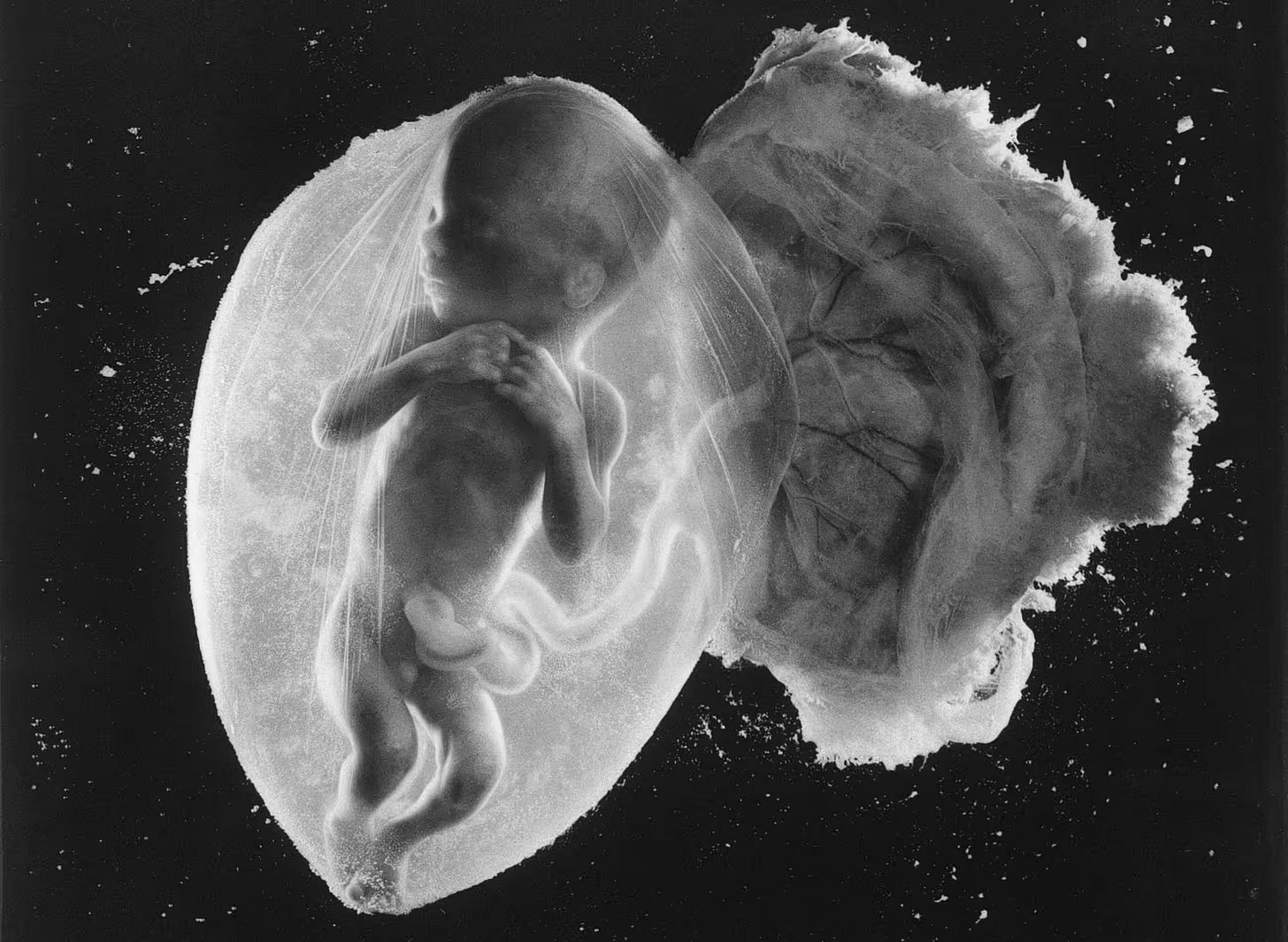I just finished Orbital by Samantha Harvey, winner of the 2024 Booker prize. It tracks six astronauts and cosmonauts as they orbit earth sixteen times in one day. Based on the little I’d heard about it, it was not quite the emotional wallop I was expecting. But maybe that’s on me. It is certainly striking. Her writing is sparse and straightforward but then a paragraph will come out of nowhere and knock your socks off. It is (like most art) about life, death, love, fragility, mortality.
I forget about space all the time, ha. The book reminded me of this very foreign land/industry/vocation. To most of us, the astronauts are the aliens. It’s a desire and skillset I admire and deeply respect. But I don’t recognize or understand it in myself. If you could snap your fingers and give me the choice, I don’t think I’d go. However, Harvey’s depiction had me thinking about the fascinating yet mundane specifics of what it’s like to be up there for months at at time. How do you poop in space? Bathe? Sleep? Cut your nails, tweeze your eyebrows? The astronauts begin to crave the tiny things we earth-bound do everyday. Hard surfaces, mattresses, muscle tone, the smack of feet hitting the pavement, heavy bodies, consistent hours of dark and light.
And then in the last tenth of the book, a paragraph in the sweet spot of my personal Venn diagram: the overlap between literally anything on one side and pregnancy/birth/motherhood on the other. Harvey as a her character, Roman:
I decided to be an astronaut when I was in the womb, Roman’s saying to a roomful of people. Before I was born, when I was taking in oxygen through an umbilical cord, when I was swimming weightless, when I knew infinity because I’d recently come from it, that’s when I decided to become an astronaut. And the people in the room start laughing and clapping as if he’s told a joke, when in fact he’s told the plainest truth he knows. All the same, he feels exceptionally happy. His mother and father are in the room, clapping along and behind them, Anton.
Okay fine, sold. The idea of it as destiny, as truth in your bones, as a return. The infinity that runs through us all, as a homeland and 17,000 miles away. She’s served us a great irony on a platter. To return to the most grounded and contained place a person can be: the womb (a place we’ve all been and cannot recall) - you must travel to the farthest outreaches of the universe.
Looks an awful lot like space, doesn’t it?
We had the book A Child Is Born in my home growing up. The fascination with pregnancy began early for me. I returned to it countless times as a child. The images are otherworldly, nonsensical. How can the most intimate space, a human within a human, feel so foreign and very far away?
There was a time when my girls were little, like under 5, when they each reported they remembered being in my uterus. Neither said it with any emotion or drama. Just like, uh yeah, I’ve been to Des Moines. Nothing to write home about. I’d gently try to pull a little more out of them. I didn’t get much. Their stories were similar: dark, soft, warm. “I needed a lamp!” Diana declared.
Call me crazy, but I kinda believe them. If I subscribe to the idea that at birth you’ve just come from the other side, this vast, infinite, whole, spiritual everythingness plane, then yeah - that connection is stronger the younger you are. And then we slowly lose it as the world knocks it out of us. So maybe they did still have a spark of a memory at that age.
I’ll leave you with two related thoughts:
My therapist often says, we are spiritual beings having a physical experience. Not the other away around.
I’ve been on an inconsistent Deepak Chopra meditation kick. He offers bite-size options like this and this. Yesterday, I wrote down this sentence that jumped out at me: The true self is the absolute identity beyond the conditioned mind.
May we all have a few minutes, maybe even seconds, of that connection to our essential selves. Like we’re floating around in space, taking the whole, marble-sized world in at a glance.
Copy that, Earth.
Kate
P.S. I have a piece up on Mutha Magazine! You can read it here.






Young Mitch’s response to the diagram of the birth canal, and baby’s entry into the world was, “Man that’s gotta hurt.”